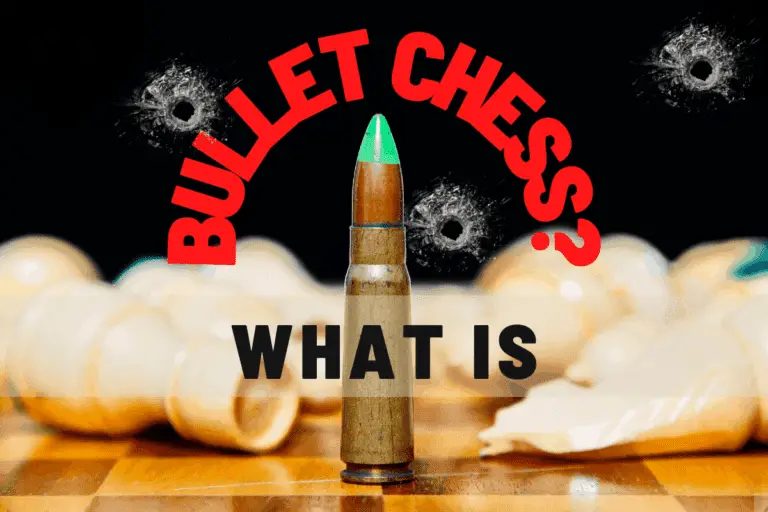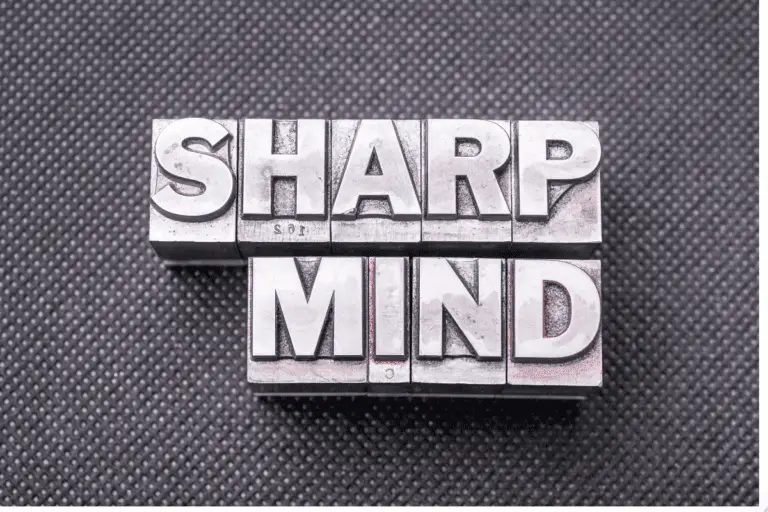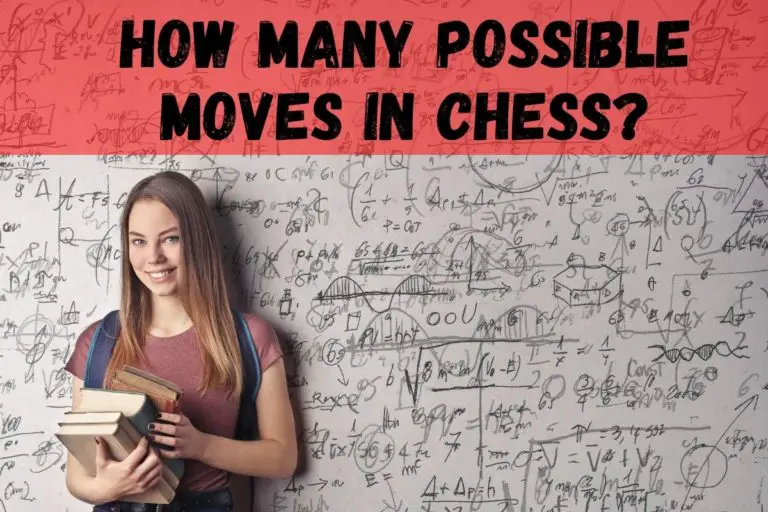Correspondence Chess – Still Relevant? (Guide and Modern Approach)
⭐⭐⭐ Take 6 minutes to read and improve your chess game ➡️ : This article was first published on, and is Copyright of Chessquestions.com
The idea of playing a game of correspondence chess since the internet arrived is quite profound. Once a popular way for players who enjoyed playing chess but couldn’t meet face to face and over the board to complete games by mailing moves to each other through the traditional postal service was quite normal.
Today it would seem unfathomable. So what is, or was long-distance correspondence chess exactly, and is it still relevant in the 2020’s?
Correspondence chess was and still can be played by sending a letter, or postal message to the other player giving instruction for the chosen move. The receiving player would record it, and then reply by mail with their next move. this would continue until the game was complete.
As you can imagine, these games could go on for a very long time, weeks, months even years and were also at the mercy of the speed of the postal service, especially if played internationally!
A correspondence game is about very deep analysis, far beyond the concern of the use of the engines to gain advantages. Played with plenty of time, honestly and to the rules, with patience and integrity, you’ll find a very different world of chess to become involved with.
Correspondence Chess is Still played today
Correspondence chess is still alive and kicking but using the postal service, email or even a telex machine is rather outdated with the advent of the internet. Playing online at a site like chess.com is the way to go today and is otherwise known as ‘Daily Chess’
Here you set up a game against a friend, contact, or even a stranger where the website or app will record and display your moves for your opponent to see when they log in whilst keeping track of time and sending reminders if you are running short.
Time limits for moves can be made with the most frequent choice being 1-3 days, whilst this may seem slow, it is certainly quicker than postal services, and far more convenient for keeping track of the positions.
You can make a move much quicker than the time limit of course, and even instantly if you happen to be online when your opponent makes their move.
Games can still take days, weeks, and even months in some cases to complete in traditional correspondence chess fashion.
Multiple correspondence games
The beauty of playing ‘daily chess’ online is that you can have as many concurrent games going at the same time as you want with less chance of total confusion of keeping 40 different board setups on the go.
I’m not sure if there is an upper limit of how many games you can keep going but understand it is in excess of 100 would you so wish.
What is the point of correspondence chess?
It has been said that “correspondence chess” is dead because we now play daily chess online. This isn’t entirely true, however, although I do feel that it is easier to get involved in multiple simultaneous games online.
However, the reason why people used to play the correspondence game of chess was due to its ability to allow two friends from anywhere around the world to play a game together without having to travel anywhere near each other and play over the board.
With our especially busy lives and potential distance between friends, playing online correspondence chess is really easy when you cant arrange and over the board (OTB) game or get to a club.
The longest Correspondence Chess game lasted over 53 years
As you can imagine, a chess match played by post will be a time consuming excercise, and in some cases take years to complete
Dr Reinhart Straszacker and Dr Hendrik Roelof van Huyssteen (both ZAF) played their first game of correspondence chess in 1946. After 112 matches, with both men having won half the games, their record play of over 53 years ended with the death of Straszacker on 13 October 1999. The two men eventually met in 1969.
Guinness World Records
Correspondence chess is still played but probably not via the post
I do not know of anyone who still plays forms of correspondence chess via post, fax, or email, although I suppose it is possible at least 2 correspondence players somewhere in the world find it of interest.
There are so many options to make it easier across a distance that I would expect very few still do and you can still set up daily games with days of reflection time.
There is in fact the International Correspondence Chess Federation (ICCF) and they have a set of rules specifically drawn up for correspondence chess.
The vast majority of these rules are copied and/or derived from the 1 January 2018 FIDE Laws of Chess. That is because of the degree of overlap between over-the-board chess and correspondence chess, as FIDE did a fine job defining the over-the-board laws of the game.
Correspondence Chess and Chess Engines
When the game of correspondence chess was first derived and played there would have been no engines or online device to use to find the best possible moves and full chess skills would have had to have been used right through to the endgame, but with the development of engines and particularly online access to them, it is inevitable that cheating is quite possible in this format.
Not many people are aware of the revolution that occurred in correspondence chess with the introduction of engines. One may believe that all the effort couple potentially be performed by the engine, but this isn’t true (although obviously possible).
The error was to think that the finest computer chess player on earth was unquestionably the world’s strongest chess player. Some may argue this isn’t true at all.
Thus, engines are not just used for cheating, indeed, the ‘real’ purpose in which they can be used is learning. And modern correspondence chess players will happily confess to using engines in this manner, rather than cheating.
Online Engine Use
This is not limited to postal chess today either as it is not uncommon to find online players using the assistance of an engine to provide the next move, effectively cheating to gain an advantage over an opponent.
This is especially easier in online daily chess as there is a lot of time to get the information inputted, rather easier, (although not impossible) than in the faster Blitz chess games available.
One has to rely on the honesty of the opposing player and if one doesn’t there is little point in the game.
That said, sites like chess.com do have methods (not disclosed) to help identify players who may be gaining an advantage by cheating, and there are a large number of accounts warned, restricted, or closed if appearing to be serial offenders or showing significant signs of gaining engine assistance or unusual play patterns.
Correspondence Chess is Great for Beginners
Correspondence chess is a very good way for beginners of the game to study, learn and play theorized elements of chess from openings through the end-games and mating patterns. Utilized correctly, the essence of correspondence chess will help you become a better chess player.
I would recommend setting up a Daily game against a stranger, or even someone you know on chess.com, and really studying and mastering a range of openings with the assistance of chess theory or an engine. You’ll be amazed how much knowledge and tactical skill you will gain in a short period of time.
Daily chess is a good way to learn, using chess books or databases. Tactically you may not gain much, but the ability to recall opening phases and variations will increase and you’ll be able to use these in other forms of chess you play online or over the board.
Does Correspondence Chess Improve Your Game
Well, as stated above, correspondence chess is great for beginners, as you can study for many hours the potential moves you can make with a very loose time limit on making your choice. You can also use books and engines to consider all of your options and lines.
A former world champion of correspondence chess, Hans Berliner, says you should work on every move for 3 hours. That’s a pretty long time to take in all considerations but by doing so, and really analyzing all the possibilities, you will no doubt be expanding your mind on the various permutations, growing your strength and showing improvement in the long term.
The key in all of this is the retention of course, and the ability to remember certain patterns and chess moves for the future, especially if thinking about improving your over-the-board game by playing correspondence.





